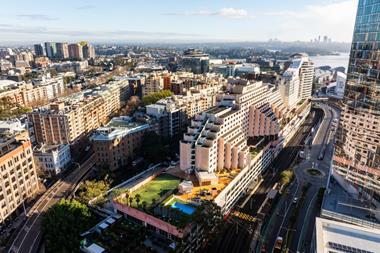GLOBAL - Sovereign wealth funds (SWFs) will shy away from direct investment in global infrastructure to avoid allegations of ‘political' investment, according to analysts at the McKinsey Global Institute, an economics thinktank.
In a study on ‘the new power brokers', McKinsey authors claim a 22% year-on-year increase in wealth and augmented clout accelerated by "evaporating liquidity and disappearing leverage" have encouraged bolder strategies from highly liquid investors. The brokers include not only SWFs but pension reserve funds such as Norway's US$380bn (€240bn) Government Pension Fund.
With few exceptions, the power brokers have capped their investments below 5% to avoid triggering disclosure, and have not sought board representation. "In strategic infrastructure projects, at this time it is unlikely that many countries - at least in the US and Europe - would allow it," said a source at the Institute. "The SWFs have not sought such projects." Instead, sovereign investors are looking to invest in private equity infrastructure funds.
However, recent high-profile recapitalisations of US financial institutions marked a departure from previous low-key investment tactics. In addition, the report distinguishes between ‘political' investors such as Hugo Chavez, who has used Venezuela's reserves to further the self-style ‘Bolivarian revolution', and those such as the Kuwait SWF that have signed up to IMF measures to improve transparency.
Despite representing one of the few sources of liquidity, SWFs' hands-off status, meant to assuage concerns over potential political motives, contrasts with pension funds' more activist stance. "From an economic perspective, passive investors with very deep pockets may not be good for long-term corporate health," says the report. Compared with pension funds, which had US$28.1tn (€17.6tn) in assets under management at the end of 2007, Asian SWFs had US$4.6tn. Yet McKinsey analysts forecast SWFs could be 60% larger than pension funds in terms of assets under management by 2013.
"It is unclear how the passive investments versus the need for active oversight of management will play out. For now, the political concerns are clearly outweighing the potential long-term economic downside," said the source.












